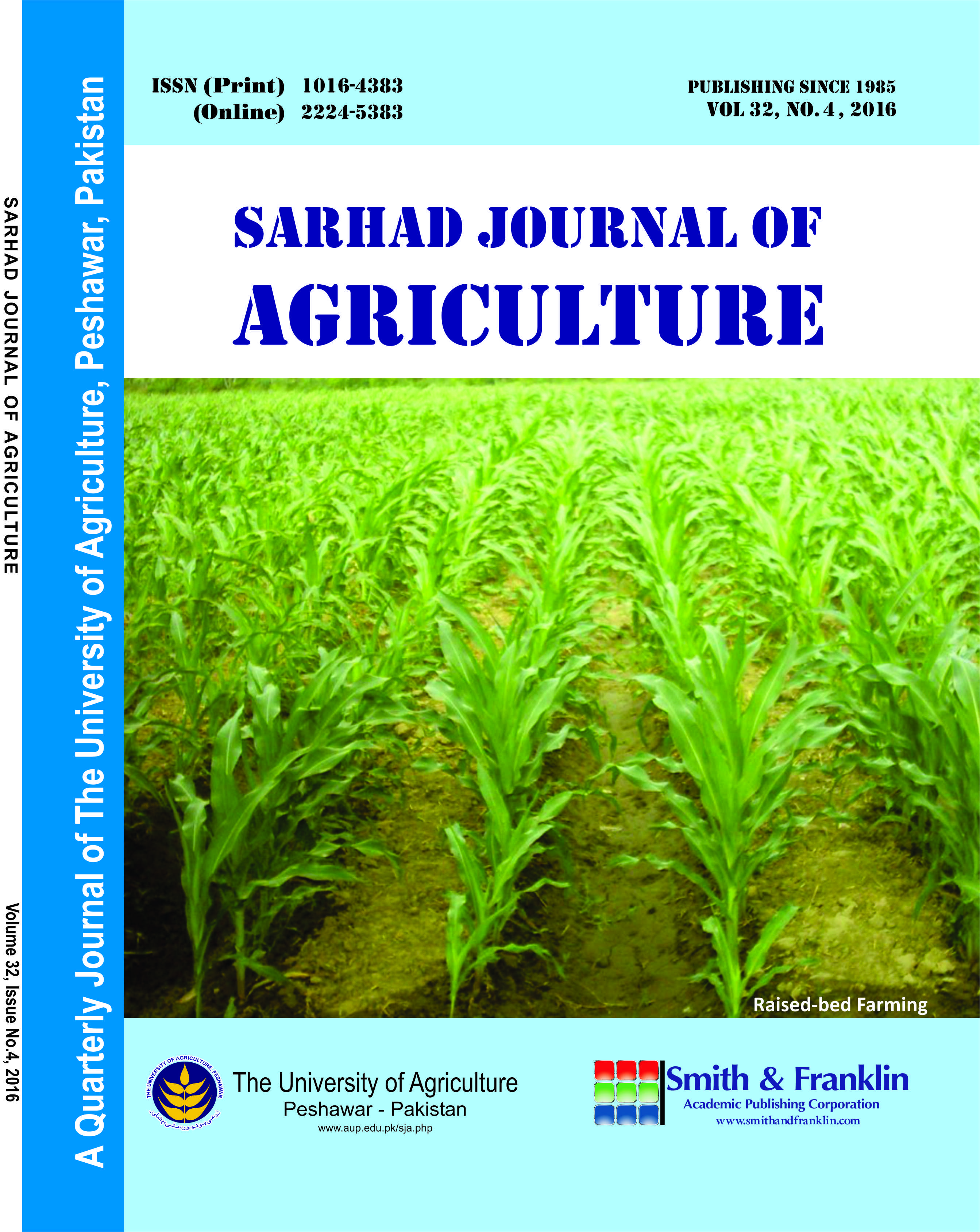The study in hand provides analysis of Pakistan’s comparative and competitive advantage in production of top three fruits, namely mango, citrus and dates by using Revealed Comparative Advantage, Revealed Symmetric Comparative Advantage, Relative Export Advantage Index and Log of Relative Export Advantage Index. For this purpose, time series data has been collected for the period 2001-2018 from Food and Agricultural Organization Statistics, International Trade Centre map, and World Banks’ World Integrated Trade Solutions, Trade Development Authorities of Pakistan, and Pakistan’s Economic Surveys. It was found that Pakistan comparative advantage in production of all three fruits as values of the Revealed Comparative Advantage were greater than one and Revealed Symmetric Comparative Advantage values remained positive throughout the study period. Despite having comparative advantage, results of Relative Export Advantage Index and log of Relative Export Advantage Index revealed that Pakistan do not have export competitiveness and competitive advantage in case mango, citrus and dates. Value of Relative Export Advantage Index is less than one which illustrates that Pakistan is having competitive disadvantage of Pakistan in case of production of mango, citrus and dates throughout the study period. In a similar token results of log of Relative Export Advantage Index in all years under consideration, reveals competitive disadvantage of Pakistan as value of this index remained negative in case of all the three fruits. If value of Revealed Comparative Advantage is compared in case of these three fruits, dates have higher value of the index, hence comparatively higher comparative advantage than other two fruits. Pakistan should focus on improvement of quality of its top three important fruits in order to increase international competitiveness and retain the comparative advantage in production of mango, citrus and dates.








